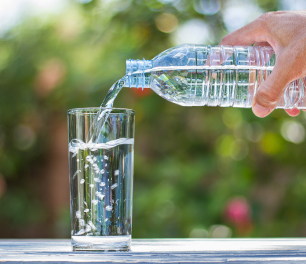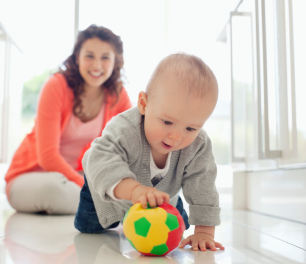BPA Analysis for Food Contact Materials
Based on EU's Regulation (EU) No. 321/2011 & Regulation (EU) 2018/213 and US' 21 CFR 175.300 & 21 CFR.1580, our experts have extensive experience ensuring your products meet the appropriate territorial regulations for food contact materials and help pave the way for compliance.
What is Bisphenol A (BPA)?
Bisphenol A (BPA) is a chemical used to produce polycarbonate plastic found in items like baby bottles and food containers. Concerns about BPA exposure include potential health effects on the brain and prostate gland in fetuses, infants, and children, as well as possible links to behavioral issues, high blood pressure, type 2 diabetes, and cardiovascular disease.
How is BPA regulated?
In the European Union, they had officially approved a proposed ban on Bisphenol‑A (BPA) in food contact materials. While the ban is not in place yet, existing EU regulations prohibit bisphenol A’s use in some cases and limit its migration into food, toys, and drinking water in others, such as Regulation (EU) No 10/2011 (EN 13130).
Other countries and regions, including Canada, Europe, Sweden, and the United States, have formally banned BPA from infant and children’s products, including cans of infant formula, baby bottles, and sippy cups.
What SGS can help?
Our Bisphenol A (BPA) services offer your organization analytical testing to help you implement a proactive and comprehensive compliance program for your products.
| Market | Regulation | Description |
|
EU Market |
|
|
| US Market |
|
|
| Additional Chemical Compliance |
|
|
Sample Size:
It will be advised in the order confirmation email.
Turnaround Time (Working Days):
9 - 10 Days









